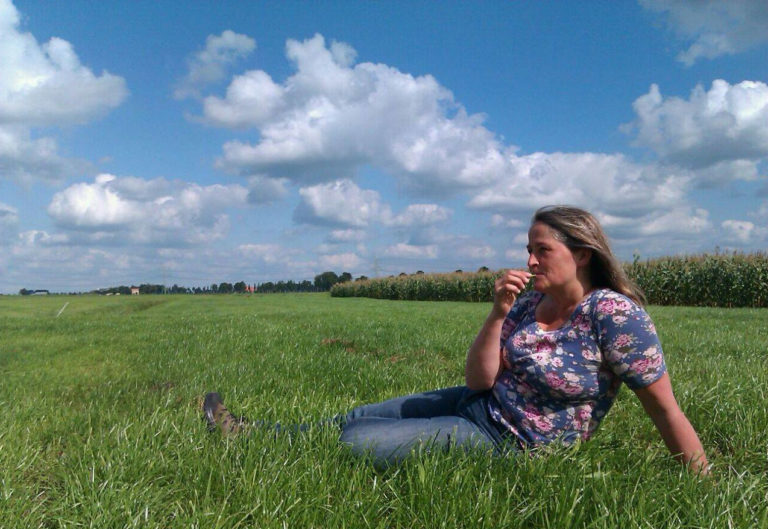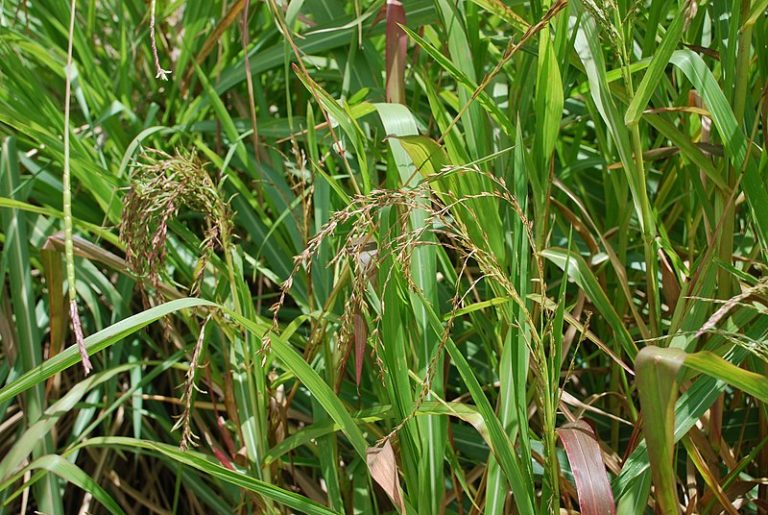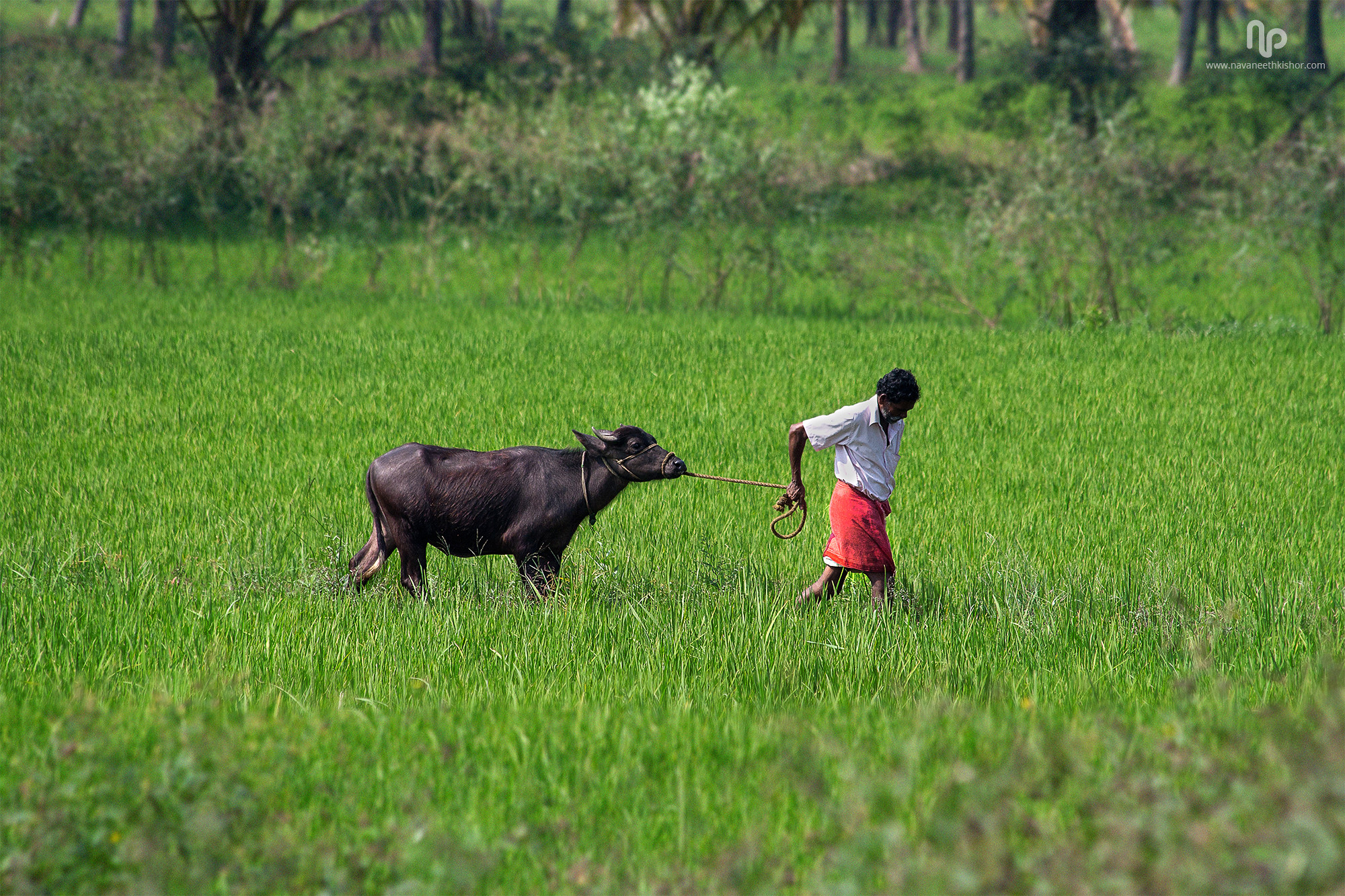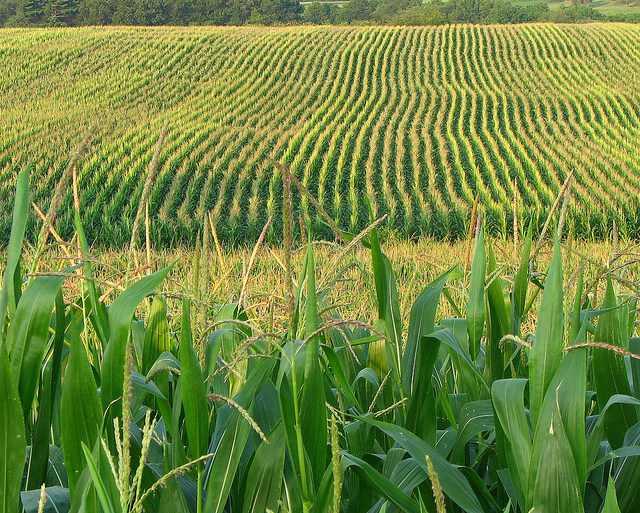Actualités
Unauthorised GMOs : Spain wants to bypass the rules
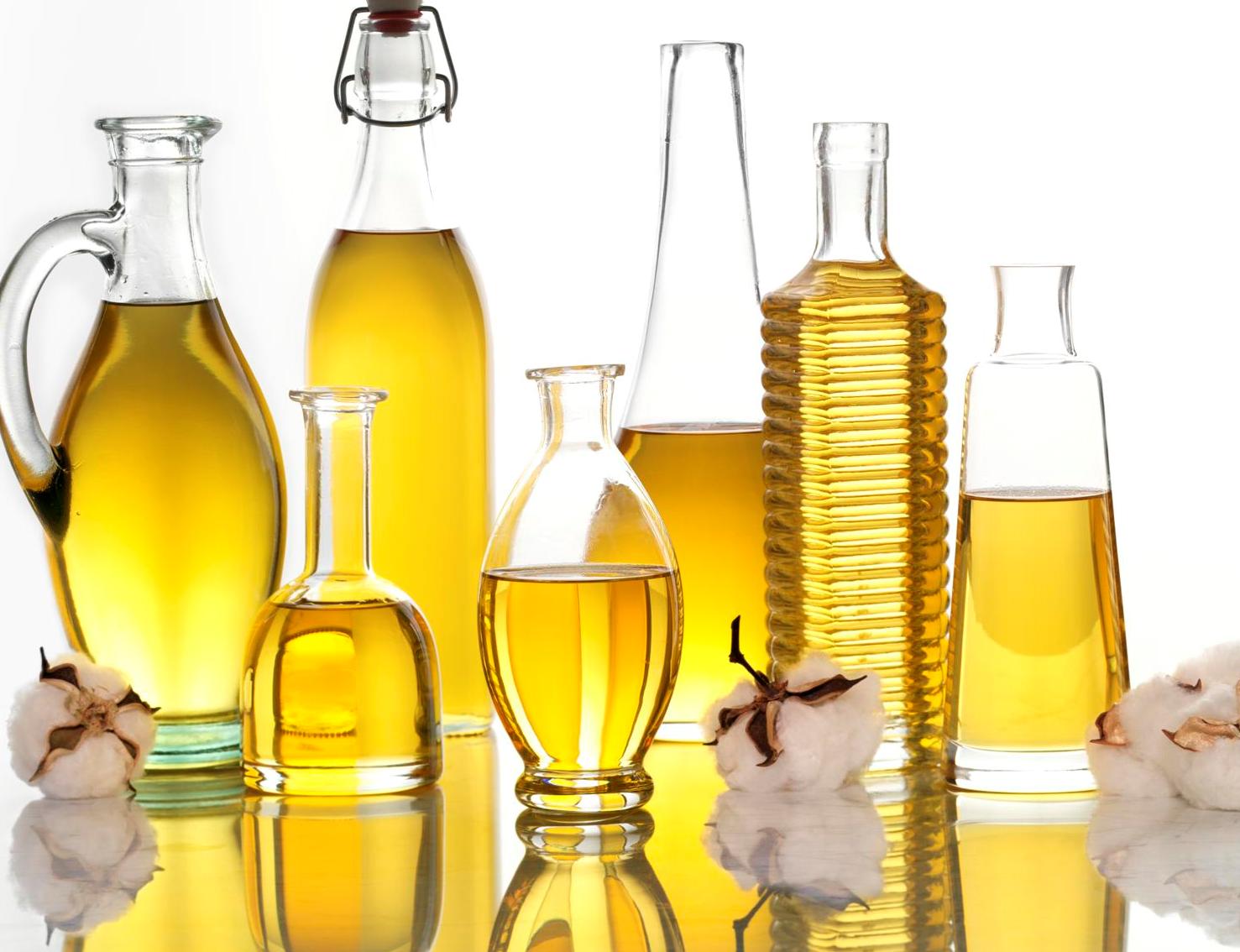
The Spanish authorities have discovered unauthorised seeds of genetically modified cotton. Spain asked the European Commission whether it could process the seeds to turn them into products for feed and food uses. A pragmatic view which would benefit companies…
The presence of unauthorised GMOs in the European Union is not unusual. In the summer of 2017, unauthorised seeds of two genetically modified cottons (MON1445 and MON531) have been detected in Spain on a shipment from Argentina.
Cottons seeds unauthorised for import
Feed and food « produced from » [1] these two transgenic cottons are authorised on the European market : more specifically, the authorisations concern food and feed additives, feed materials and cottonseed oil. But unlike other genetically modified cottons authorised in the European Union [2], the authorisations do not cover products containing or consisting of these genetically modified cottons [3]. The scope of both applications did indeed only cover the products produced from the genetically modified cottons. Thus, it is clear that the two transgenic cottons detected in Spain are not authorised in the form of seeds in the European Union.
Moreover, in its opinion on the applications of both the particular cottons, the European Food Safety Authority (EFSA) [4] [5] indicates that there were no requirements for scientific information on environmental safety assessment of accidental release or cultivation of the cottons since the scope of the applications « only includes products produced from cotton » MON 531 and MON1445 which contain no viable plant parts [6].
Then what to do with those unauthorised seeds detected in Spain? Destroy them? Or adopt a pragmatic approach and process the seeds to turn them into “products produced from” these genetically modified cottons so that they become consistent with the authorisation and can gain access to the European market?
This issue was debated during the meeting of the Standing Committee on plants, animals, food and feed on 14th September 2017 [7]. The European Commission did not give a final answer to the question, but simply recalled that “only products produced from these two cottons are authorised in the EU », seeds are therefore excluded.
A way to get around assessment
This is not a small issue: authorising the processing of the unauthorised genetically modified cottons seeds so as to turn them into authorised products produced from genetically modified cottons could undermine the GMO authorisation procedure.
It is true that food from third countries that does no comply with the laws can be processed to bring it into line with the legal requirements [8]. But to apply this rule to unauthorised GMOs when the company that holds the authorisation is not required to request an extension of the scope of the initial application and to support this request with a risk assessment would clearly be a way to get around the GMO authorisation procedure. It might even encourage companies to limit the scope of their GMO marketing applications to the sole products produced from a GMO – excluding seeds and tubers – in which case they do not have to assess the environmental risks arising from accidental release or cultivation of the GMO. It would then only take a detection of seeds or tubers of this GMO for those seeds or tubers to be processed and brought within the scope of the application and, as a result, on the market.
In the case of the genetically modified cottons MON1445 et MON531, the applications did not cover the viable plant parts of the cottons (the seeds). Therefore, no scientific information on environmental assessment of accidental release or cultivation of the cottons was required.
This unauthorised seed detection raises another question. If only the products produced from cottons MON1445 and MON531 are authorised, thus excluding the seeds, this would mean that if a European producer wants to import these cottons to make cottonseed oil, for example, he must import milled seeds. But can this producer import whole seeds of those genetically modified cottons in order to process them without this import being considered as a “placing on the market”? The notion of “placing on the market” is broadly defined. It means “the holding of food or feed for the purpose of sale, including offering for sale, or any other form of transfer, whether free of charge or not, and the sale, distribution and other forms of transfer themselves” [9]. In the light of this definition, the answer to the question seems to be negative.
The issue of the processing of the unauthorised genetically modified cotton seeds will be discussed at the next Standing Committee, in December.
A door left open to cotton crop contamination?
If the processing of the unauthorised genetically modified cotton seeds is allowed, it will not be hard for Spain to find commercial uses for them. Indeed, Spain produces cottonseed oil, both for food and feed. The oil is also used in the production of soap and cosmetics.
[1] According to Regulation 1829/2003, “produced from GMOs » means derived, in whole or in part, from GMOs, but not containing or consisting of GMOs.
[2] For instance, cotton MON15985 https://www.infogm.org/ecrire/?exec=article&id_article=2871
[3] Commission Implementing Decision (EU) 2015/689 of 24 April 2015 renewing the authorisation for existing genetically modified cotton MON 531 (MON-ØØ531-6) products pursuant to Regulation (EC) No 1829/2003 of the European Parliament and of the Council (http://eur-lex.europa.eu/legal-content/EN/TXT/?qid=1510231051152&uri=CELEX:32015D0689) and Commission Implementing Decision (EU) 2015/693 of 24 April 2015 renewing the authorisation for existing genetically modified cotton MON 1445 (MON-Ø1445-2) products pursuant to Regulation (EC) No 1829/2003 of the European Parliament and of the Council (http://eur-lex.europa.eu/legal-content/EN/TXT/?qid=1510231193364&uri=CELEX:32015D0693)
[4] For MON 1445, see https://www.infogm.org/IMG/pdf/efsa_mon1445_rx_20111130.pdf
[5] For MON531, see https://www.infogm.org/IMG/pdf/efsa_mon531_rx_20110916.pdf
[6] EFSA further points out that “Due to the intended uses of cotton MON 1445, which exclude cultivation and import of viable plant parts, interactions of cotton MON 1445 with non-target organisms were not considered an issue by the EFSA GMO Panel. »
[7] European Commission, Summary report of the Standing committee on plants, animals, food and feed, held in Brussels on 14 September 2017 https://ec.europa.eu/food/sites/food/files/plant/docs/sc_modif-genet_20170914_sum.pdf.
[8] Article 19 and article 20 of Regulation (EC) No 882/2004 of the European Parliament and of the Council of 29 April 2004 on official controls performed to ensure the verification of compliance with feed and food law, animal health and animal welfare rules, http://eur-lex.europa.eu/legal-content/EN/TXT/?qid=1510234106570&uri=CELEX:32004R0882
[9] Article 2 of regulation 1829/2003







